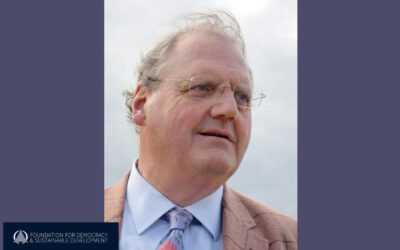The role and form of business in democracies is a crucial part of thinking through how democracy may need to change. In some areas, businesses have been leading transitions towards sustainability, whilst, in others, they have used their power and influence to block change.
One way in which some businesses and organisations are adapting to the challenges of sustainable development, is by increasing their wider accountability to local communities and stakeholders, as well as incorporating more participative and democratic decision-making through their evolving governance models and missions. These approaches are, alongside measurement and operational changes, designed to better align their impacts with the needs of the wider society and environment, as well as meet direct stakeholder needs appropriately (including those of finance).
For example, co-operatives have now included sustainable development as one of their core principles, underpinning their core democratic ownership and decision-making model; and Riversimple is an example of a business which is radically changing the way in which a shareholder company can be designed, with value created and shared through their Future GuardianTM Governance.
Some provocations from FDSD
In his paper “Discussion paper for the Environment Foundation and 21st Century Trust, Sustainability and Democracy Event”, Ian Christie sets out four conflicting propositions: democracy is crucial for humane and just development; democracy poses huge problems for sustainable development; sustainability NGOs have been a massive success; sustainability NGOs are also a massive failure by their own standards.
The paper “Online Activism, Democracy and Climate Change” Sally Hill considers the rise of online activism such as MoveOn, GetUp, 38 Degrees, and Avaaz, on democracy, focusing primarily on their climate change activities.






